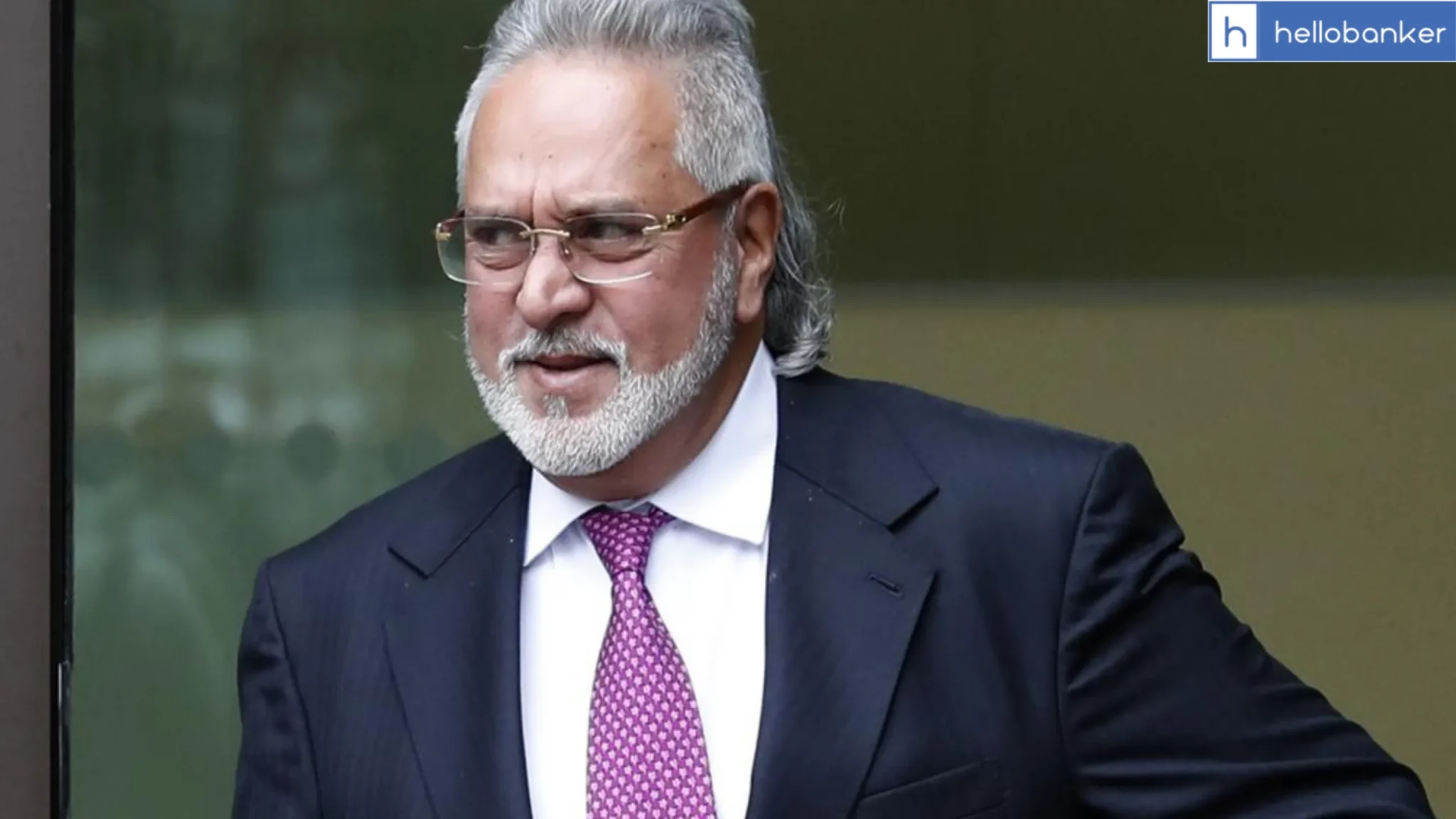Bengaluru: In a significant legal battle, Vijay Mallya, the fugitive businessman, and Daljit Mahal, former director of the now-liquidated United Breweries Holdings Limited (UBHL), are pushing for banks to provide detailed account statements as they challenge debt recovery processes. Both seek clarity on the money owed following substantial recoveries reported by banks, sparking a legal debate set to continue in September.
Petitioners Demand Clarity from Banks
The Karnataka High Court has recently heard petitions from Vijay Mallya and Daljit Mahal regarding crucial banking documents related to their debts. Both petitioners have requested that banks provide a comprehensive statement detailing outstanding dues owed to them and UBHL, as well as updates on recoveries made. Their request comes after Mallya, in a podcast interview, claimed that the Indian government and banks have managed to recover more from him than the total loan amount he originally owed, which has drawn significant public interest.
Mallya and Mahal are seeking a complete breakdown, including a reflection of accrued interest, credits reflecting prior recoveries, and specifics relating to any assets that have been sold or utilized in the recovery process. This request stems from an amended recovery certificate issued by the Debts Recovery Tribunal (DRT) back on April 10, 2017.
Legal Proceedings Moving Forward
During the hearing, Justice B.M. Shyam Prasad noted that this matter, along with a related petition—WP 3357/2025—should be addressed together due to their intertwined nature. Senior Advocate Sajan Poovayya, representing the petitioners, proposed a unified hearing approach for efficiency. The Court has directed Advocate Chandrakant K. Patil to accept notice on behalf of multiple respondents involved in this case.
As the proceedings move forward, the matter is scheduled for a follow-up hearing on September 15, 2025. The judges acknowledged the petitioners’ concerns and emphasized the necessity for all involved parties to prepare accordingly.
“It is stated by Sr Advocate Sajan Poovayya that the present petition and the petition in WP 3357/2025 could be taken up together as common issues are being addressed,” the judge remarked, highlighting the practicality of combining hearings for a swifter resolution.
The Petitioners’ Legal Arguments
Advocate Poovayya stressed the significance of the winding-up orders against Kingfisher Airlines and UBHL, pointing out that these rulings had become final, upheld even by the Supreme Court. He noted that the original directive from the DRT mandated Kingfisher Airlines to pay ₹6,200 crore, with UBHL as the guarantor. Since 2017, however, banks have reportedly recovered an impressive ₹10,200 crore, surpassing expectations and even leading to the acknowledgement from the official liquidator that the banks have more than recouped their losses.
Discussing total recoveries in Parliament, the Finance Minister indicated that the banks’ total recoveries from Mallya’s case had reached an astonishing ₹14,000 crore. Poovayya argued that this significant amount indicates the efficacy of ongoing recovery efforts and underlines the question of whether any further recovery actions against Mallya are justified, given the amounts already collected.
Reliefs Requested by the Petitioners
In their petitions, Mallya and Mahal have not only demanded detailed recovery statements from the banks but are also advocating for a full disclosure of assets that may have contributed to debt repayments. They seek clarity on the ownership of assets that remain with the banks, even those belonging to third parties. Their ultimate goal is to better understand the financial landscape surrounding their debts, which they believe should inform any further recovery actions.
To protect their interests, the petitioners are also requesting an interim stay on further recovery proceedings, which could include fresh sales of assets as detailed under the amended DRT recovery certificate. This reflects a broader concern about fairness in the recovery process, especially in light of the substantial sums already recovered.
Contextualizing This Legal Battle
The case of Vijay Mallya extends beyond individual financial disputes; it represents a larger narrative within the Indian economy, spotlighting the banking sector’s efforts to recover massive debts amid ongoing discussions about financial integrity and accountability. Mallya’s case has drawn considerable public attention, not just for the legal intricacies but for its implications on banking practices, corporate governance, and the confidence of lenders in the Indian market.
The troublesome financial history of Mallya, who once personified the lavish lifestyle and rapidly growing Indian aviation sector, now serves as a cautionary tale. Many in the business community are watching this development closely, hoping for clear legal precedents and guidelines that can clarify the complexities involved in corporate debt recovery in India.
As the hearings approach on September 15, both Mallya and Mahal remain resolute in their pursuit of transparency and fairness, seeking legal recourse that could very well shape the narrative of corporate accountability in India.
Bankerpedia’s Insight 💡
Vijay Mallya’s petition highlights critical issues in India’s banking sector, particularly concerning transparency and accountability in debt recovery. As banks recover more than double the owed amount, the demand for detailed account statements raises significant concerns about the procedural integrity of financial institutions. This case underscores the importance of clear communication between banks and debtors, fostering trust in the system. For individuals and businesses, staying informed about their financial standings and understanding recovery processes can empower them in times of financial distress.
What Does This Mean for Me? 🤔
- Salaried Person → Court rulings may affect bank job security and loans.
- Business Owner → Increased scrutiny on financial recoveries may affect cash flow.
- Student → Student’s financial aid may be impacted by repayment issues.
- Self-employed → Increased scrutiny on debt recoveries may affect self-employed funding.
- Homemaker → Uncertain impact on household finances and banking relationships.
- Retiree / Senior Citizen → Potential delays in bank recoveries could affect savings.
- Job Seeker → Increased scrutiny of financial backgrounds for job applicants.
- Farmer / Rural Citizen → Increased financial uncertainty and potential asset recovery delays.
Research References 📚
Loved our Research? ❤️
Bankerpedia turns financial confusion into clarity!
Subscribe to our YouTube channel for unbiased insights, financial literacy & practical banking wisdom.










